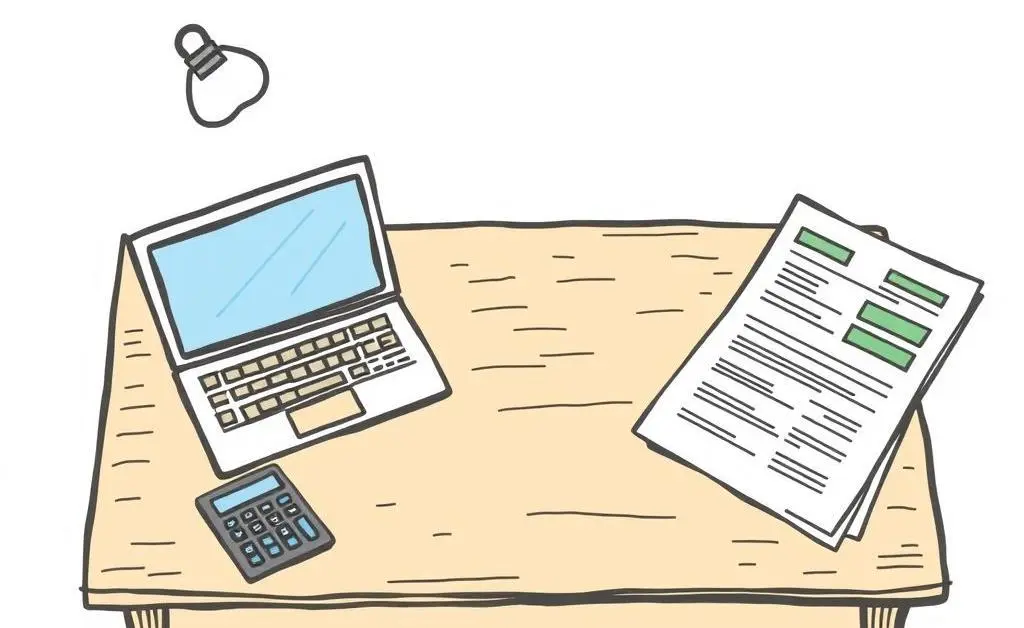How to Navigate a $37,000 Hospital Bill Without Losing Your Mind
Learn practical tips for handling unexpected medical bills and managing finances in times of surprise healthcare costs.

Did you know navigating a $37,000 hospital bill doesn't have to feel like a scene from a horror movie? I promise, it's more about strategy and less about selling your belongings on eBay. Let's dig into some practical steps you can take to manage surprise healthcare costs effectively.
A Surprise Bill: The Story of Jen and Mark
Meet Jen and Mark, a couple over the moon with the arrival of their baby girl. Their joy hit a speed bump when they received a $37,000 hospital bill for a NICU stay. While initially overwhelmed, they managed to tackle this giant effectively. Here's how.
Steps to Manage Large Medical Bills
First things first: don't panic. You have options!
- Review the Bill: Go through the charges item by item. Mistakes happen—are you billed for services you didn't receive?
- Negotiate with the Hospital: Hospitals often have flexible payment options. Don't hesitate to ask about discounts or payment plans.
- Check your Insurance: Sometimes, bills slip through the cracks. Confirm what your insurance covers and reach out for claims they might have missed.
- Explore Financial Assistance: Many hospitals offer financial aid for families in need. It never hurts to inquire.
Budgeting for Healthcare Surprises

Prepare for these situations by setting up an emergency fund—think of it as a financial hug for those rainy days. Aim to save enough to cover three to six months of expenses.
Effective budgeting can soften the blow of large, unforeseen expenses. Sit down and reevaluate your current spending. Are there areas where you can trim the fat?
Remember Jen and Mark? They ensured regular dinners out were replaced by family game nights. Savings were gradual but significant.
Getting Back on Track
Once you've settled on a plan to manage the bill, it's important to get your financial game back on track. Prioritize rebuilding your emergency fund and make sure you're prepared for future surprises.

Consider meeting with a financial advisor who understands medical expenses. They can guide you on tax deductions for healthcare costs or funding options that you might not be aware of.
Finally, Remember to Breathe
Going through this experience is challenging but remember, it's temporary. With proper planning and a pinch of patience, you'll navigate it successfully. As a nugget from our dear Jen and Mark—turn the experience into a lesson in resilience for your family.
What strategies have you found successful for handling unexpected expenses? Let's keep the conversation going.




